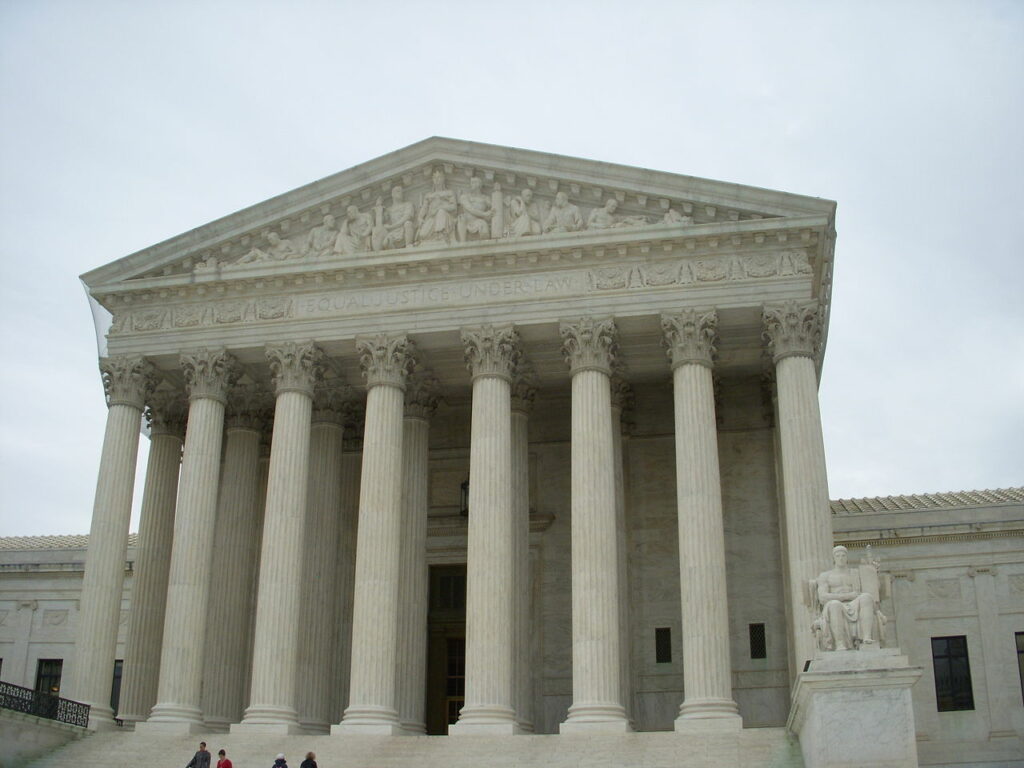
(Rightallegiance.com) – President Donald Trump’s long-standing effort to end automatic birthright citizenship took a major step forward this week, following a pivotal U.S. Supreme Court ruling that limits the use of nationwide injunctions. The Court’s decision allows federal policies—such as Trump’s 2025 executive order halting automatic citizenship for children of undocumented immigrants—to take effect in parts of the country even while legal challenges are ongoing in others. This shift in judicial procedure could significantly alter how immigration policy is implemented in the coming months.
The birthright citizenship debate has simmered for years, with Trump repeatedly arguing that the 14th Amendment does not guarantee automatic citizenship to everyone born on U.S. soil. While courts have traditionally upheld that view, the Supreme Court’s latest ruling did not address the constitutional issue directly. Instead, the justices concluded that lower courts can no longer issue sweeping injunctions that block a federal policy nationwide. As a result, the legal roadblocks that previously halted Trump’s executive order across all 50 states have been narrowed.
Under the new framework, Trump’s birthright citizenship order may go into effect in more than half of U.S. states—those not actively involved in legal challenges. The remaining states, which have joined lawsuits opposing the policy, will continue to shield their residents under court-issued protections. This patchwork approach is likely to create confusion as some U.S.-born children of non-citizen parents may be denied birth certificates or passports depending on the state in which they are born.
The legal and political reactions have been intense. Supporters of the ruling view it as a necessary correction that reins in judicial overreach and restores balance between the courts and the executive branch. Critics argue that the decision weakens the ability of the judiciary to prevent potentially unconstitutional policies from taking effect, especially when those policies affect fundamental rights like citizenship. They warn that the ruling could lead to inconsistent enforcement of federal law across state lines, undermining national cohesion.
Trump, who has made immigration reform a centerpiece of his political identity, praised the Court’s decision as a victory for presidential authority and a path forward for what he calls “common-sense citizenship laws.” His administration is expected to issue implementation guidelines soon, potentially as early as the end of July. Legal experts anticipate further lawsuits and possibly an eventual Supreme Court ruling on the constitutional merits of the executive order itself.
In the meantime, immigration advocates, civil rights organizations, and legal scholars are bracing for the uncertainty that lies ahead. The decision marks a major turning point in the nation’s immigration debate and opens the door to a future in which citizenship rights could vary depending on geography and court rulings—an outcome with far-reaching legal, political, and human consequences.